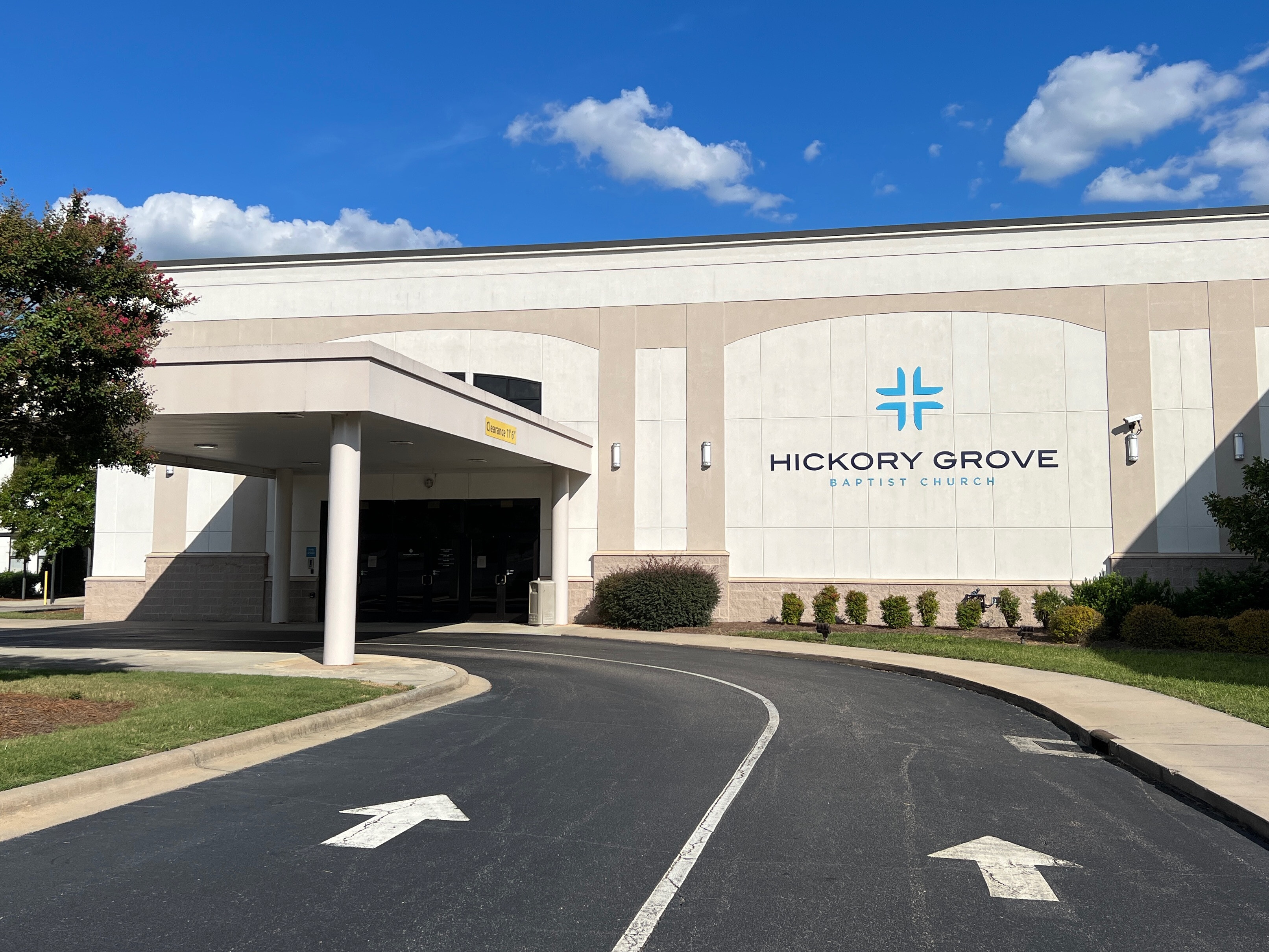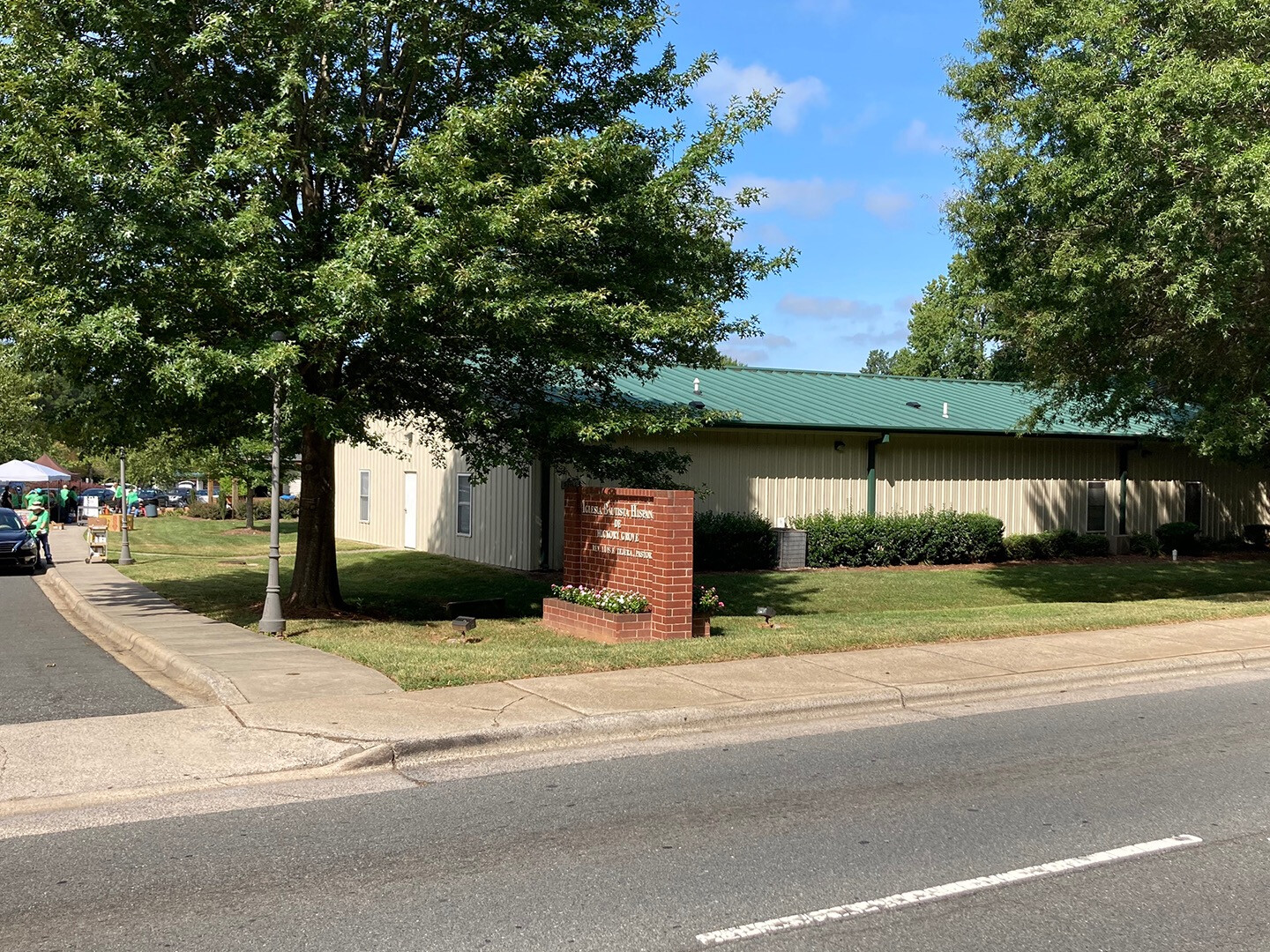FAQs
What is the difference between meeting with a Clinical Counselor or Biblical Counselor in the counseling center?
There is a difference between Biblical Counseling and Clinical Counseling. However, this can be confusing.
First, it is important to examine the similarities between the two.
- The counselors have a Christ-centered perspective.
- The counselors have learned techniques for active listening to assess the issues and are designed to assist people to change.
- There is a trusting relationship between the counselor and the client.
- There is a commitment by the client to several sessions that last between 50-90 minutes.
But how do they differ?
- The main difference in Clinical and Biblical Counseling is the approach taken by the counselor. Our Biblical Counselor uses the Bible to identify, explain, and solve personal and relational problems. Biblical Counseling is problem-based discipleship that derives its methods from the Bible. Whereas our Clinical Counselors use a clinical approach to identify, explain, and solve personal and relational problems. Our Clinical Counselors derive their methods by blending biblically based principles, along with proven psychological principles to promote emotional, relational, and spiritual healing.
- Another difference is education and licensure/certification. While both the Clinical and Biblical Counselors have higher education, the education differs. Our Clinical Counselors have at least a master’s degree in the counseling field and are licensed by the state of North Carolina. Whereas our Biblical Counselor has a master’s that focuses on counseling and theology and is certified through the Association of Certified Biblical Counselors.
Both Clinical and Biblical counselors can assist with many different issues. However, you must decide how you want to approach the issue. When considering which direction to go in, there is no correct answer. If you need more information, examine the different tabs, the different counselors, and feel free to call with questions.
What is the difference between a Clinical Counselor and Graduate Intern?
There are several differences between the Clinical Counselors at Hickory Grove and the Graduate Interns.
- The main difference is
experience . The Clinical Counselors have already completed theirgraduate level degrees in counseling and have obtained some sort of licensure that allows them to practice. With this comes the experience of at least 750 hours of supervised practice plus the time they have practiced after graduating. This can be found in each counselor’s bio. Graduate Interns are still in their programs of study. So they have limited training. - There is a fee for the Clinical Counselors. This will vary depending on the counselor’s experience, training, and license. The fee normally ranges from $60 to $120 per session. Our graduate interns are free of charge for sessions, so if there is a financial need, they are a good option.
- While it is always encouraged for counselors to consult with other counselors, it is not required for the Clinical Counselors. However, our graduate interns are required to consult (or be supervised) by another professional. If you work with a graduate intern, you will be asked to sign a form giving permission for the graduate intern to videotape the session. This is a requirement and used for the intern’s training at Hickory Grove and the intern’s school. All recordings are kept confidential and only shown to the intern’s supervisor if needed.
Is counseling confidential at the counseling center at Hickory Grove?
Clinical Counselors
Anything discussed in counseling with one of our clinical counselors is kept confidential, with the following exceptions:
- You want to harm/kill yourself.
- If you want to harm/kill someone else or a group of people.
- Child abuse/neglect, elder abuse, abuse of the physically or mentally disabled.
- While we do not want to go to court, if we are court ordered or subpoenaed, we may be required to testify, or your notes may be requested. We will not release client files without a court order.
- Minor clients also have confidentiality. Parents are told if the minor wants to hurt him/herself, others, or if they are repeatedly engaging in an activity that could lead to harm or death. The parents will not be told the details of therapy but will be informed if needed. This is to insure the trust in the client/counselor.
- If for some reason you cross paths with your counselor outside of counseling, the counselor will not act like they know you. This is due to confidentiality. If you choose to acknowledge you know your counselor that is fine. You can speak briefly.
Interns
Our interns follow the same guidelines (see above) of confidentiality as our Clinical Counselors. However, it is important to note they are still in training and receive supervision. Consequently, they are required to video sessions, and discuss cases with the clinical supervisor in the counseling center, and their respective universities.
Biblical Counselors
For the most part, issues discussed in counseling with our Biblical Counselors is kept confidential, with the following exceptions:
- You want to harm/kill yourself.
- If you want to harm/kill someone else or a group of people.
- Child abuse/neglect, elder abuse, abuse of the physically or mentally disabled.
- While we do not want to go to court, if we are court ordered or subpoenaed, we may be required to testify, or your notes may be requested. We will not release client files without a court order.
- Our Biblical Counselor reports to one of the pastors at Hickory Grove. They may discuss your case to provide additional support for you outside of your time together.
What can I do to ensure I get the most out of counseling at Hickory Grove?
Counseling is not always fun or easy. It is important to consider the following when engaging in counseling.
- Complete the
initial required paperwork. Most of this can be found either under the individual counselor’s bio for the professional counselors and under the “Intern” tab for the graduate interns. The paperwork normally involves the following:
- A Professional Disclosure Statement. This is a contract between you and your counselor. It explains the policies, procedures, and fees for counseling and is required by the North Carolina Licensing Board of Professional Counselors.
- A Clinical Intake Form. This is a series of questions needed by your counselor so that he/she knows best how to work with you. It includes current and past information on many aspects of your life. It is important you complete this as thoroughly as you can.
- A Financial Disclosure Statement (only for the professional counselors). This will cover the fees for most of the services the counselor can or will provide. This includes session fees, court fees, paperwork fees, etc.
- The Video Release Form (only for interns). This is a form to give permission to video your session for training purposes. This is a required form if you want to work with an intern due to the fact they have limited training.
- Show up for sessions. If you do not show up for sessions, you will not gain the knowledge and skills for change. For the professional counselors, there is normally a fee if you cancel your session less than 24 hours in advance. If you continually miss sessions for the counselors or interns, we will end our professional relationship.
- Show up ready to work. This means being open to change and processing hard issues. This also means completing the homework and/or the assessments given to you in an open, honest, and timely manner.
What do I do when I decide I need counseling?
Feel free to call the office at 704-531-4034, and we can help you determine the best fit. Or, if you have a good idea of what you want and need, look through the counselors’ bios and call one of them directly.
What if I need Clinical counseling but do not want to utilize Hickory Grove’s counseling services?
You can call the office at 704-531-4034, and we can direct you to someone or look over the list of outside resources and call them directly.



